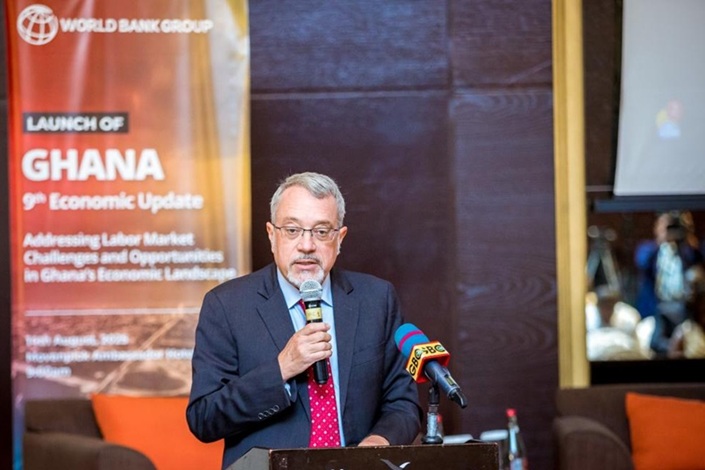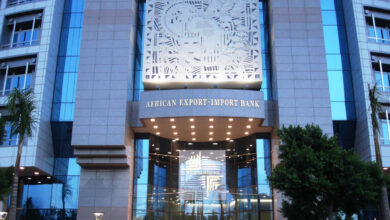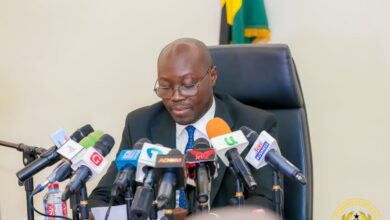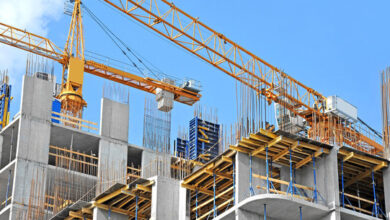Election Spending, Debt Restructuring Delays, and Global Shocks Could Derail Ghana’s Economic Gains – World Bank

Ghana’s recent progress toward macroeconomic stability could be at risk if the country fails to address looming fiscal and structural challenges, according to the World Bank’s 9th Ghana Economic Update, launched in Accra on Thursday.
The report, titled “Addressing Labor Market Challenges and Opportunities in Ghana’s Economic Landscape”, warns that despite a more optimistic outlook, significant domestic and external risks threaten to reverse recent economic gains.
The most pressing concern is the potential delay in completing Ghana’s ongoing external debt restructuring and fiscal consolidation efforts. These measures are central to the government’s recovery strategy following years of mounting debt, currency instability, and inflationary pressures. Ghana’s total public debt ballooned over the past eight years, leading to a default on most external obligations in late 2022 and necessitating an International Monetary Fund (IMF)-backed programme.
The World Bank notes that while the country is making strides toward restoring debt sustainability, any setback in restructuring negotiations could reignite market uncertainty, weaken the cedi, and deter investor confidence.
Global and Domestic Risks Intertwined
Beyond debt restructuring, global factors such as ongoing international conflicts and commodity price swings pose a real threat to Ghana’s export revenues and import costs. Given the country’s heavy reliance on gold, cocoa, and oil, sharp changes in world market prices could destabilize fiscal plans.
Domestically, persistent inflation and exchange rate volatility remain serious concerns. The report also highlights the financial risks posed by major state-owned enterprises, particularly in the energy sector and the Ghana Cocoa Board (COCOBOD), whose operational losses could weigh heavily on public finances if not addressed.
Lower agricultural output due to climate shocks is another potential drag on growth, with implications for food security and rural incomes.
Election Spending Pressures
The World Bank urged the government to manage election-related extra-budgetary spending. Historically, Ghana has struggled to contain fiscal slippages in election years, often resulting in revenue shortfalls, increased borrowing, and higher inflation in the following year.
The report stresses that Ghana’s fiscal challenges – low revenue mobilization, expenditure overruns, and weaknesses in public financial management threaten to undermine the stability the government is working to restore.
Call for Structural Reforms
To safeguard recent gains, the World Bank is calling for comprehensive fiscal reforms and deep structural changes. This includes improving revenue collection, tightening expenditure controls, reforming SOEs, and addressing inefficiencies in public financial management systems.
“Maintaining a steadfast pace of structural reforms is essential to restore public support, sustain economic stabilization, and uphold investor confidence,” the report notes.
While the risks are clear, the Bank says timely reforms, discipline in fiscal management, and prudent handling of debt restructuring could help Ghana consolidate its recovery and create the foundation for sustainable, inclusive growth.




